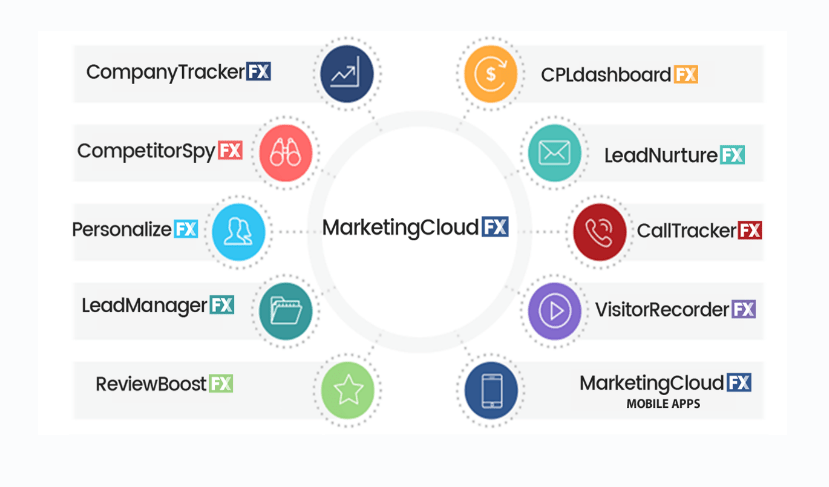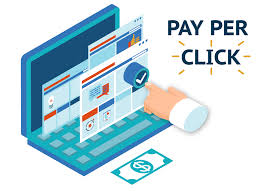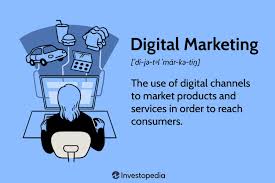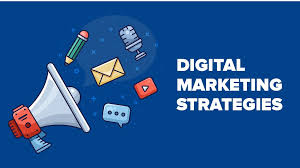The Power of Internet Marketing: Driving Success in the Digital Age
In today’s digital landscape, internet marketing has become a crucial tool for businesses looking to reach and engage with their target audiences. With the vast reach and accessibility of the internet, businesses have the opportunity to connect with potential customers on a global scale like never before.
Benefits of Internet Marketing
Internet marketing offers a range of benefits that traditional marketing methods simply cannot match. Here are some key advantages:
- Global Reach: With internet marketing, businesses can reach audiences around the world, breaking down geographical barriers and expanding their customer base.
- Targeted Advertising: Internet marketing allows for precise targeting of specific demographics, interests, and behaviours, ensuring that messages are delivered to the right audience at the right time.
- Cost-Effective: Compared to traditional advertising methods, internet marketing is often more cost-effective and provides a higher return on investment.
- Data-Driven Insights: Through analytics tools, businesses can track and measure the performance of their online campaigns in real-time, allowing for data-driven decision-making and continuous improvement.
- Engagement and Interaction: Internet marketing enables businesses to engage with customers through interactive content, social media platforms, and personalised messaging, fostering stronger relationships and brand loyalty.
Key Strategies for Successful Internet Marketing
To make the most of internet marketing opportunities, businesses should consider implementing the following strategies:
- Search Engine Optimization (SEO): Optimising website content for search engines can improve visibility and organic traffic.
- Social Media Marketing: Leveraging popular social media platforms to engage with audiences and promote products or services.
- Email Marketing: Building targeted email campaigns to nurture leads and drive conversions.
- Paid Advertising: Utilising pay-per-click (PPC) advertising on search engines and social media channels to reach specific audiences quickly.
- Content Marketing: Creating valuable and relevant content to attract, inform, and engage target audiences.
In Conclusion
Internet marketing has revolutionised the way businesses promote their products and services in today’s digital age. By harnessing the power of online channels, businesses can enhance their visibility, connect with customers on a deeper level, and drive success in an increasingly competitive marketplace. Embracing internet marketing is not just an option – it’s essential for staying relevant and thriving in the digital era.
Top 6 Tips for Mastering Internet Marketing: Engaging Your Audience and Boosting Visibility
- 1. Understand your target audience and tailor your marketing strategies to appeal to them.
- 2. Utilise social media platforms effectively to engage with your audience and promote your brand.
- 3. Create high-quality, relevant content that adds value to your audience and helps establish your expertise.
- 4. Invest in search engine optimisation (SEO) techniques to improve the visibility of your website in search engine results.
- 5. Use email marketing campaigns to stay connected with customers and provide them with valuable information or offers.
- 6. Monitor and analyse the performance of your internet marketing efforts regularly to identify areas for improvement.
1. Understand your target audience and tailor your marketing strategies to appeal to them.
To excel in internet marketing, it is crucial to have a deep understanding of your target audience and their preferences. By identifying their needs, interests, and behaviours, businesses can tailor their marketing strategies to resonate with the audience effectively. Whether it’s creating personalised content, targeted advertising campaigns, or engaging on relevant social media platforms, aligning your marketing efforts with the preferences of your target audience is key to driving engagement and achieving success in the digital realm.
2. Utilise social media platforms effectively to engage with your audience and promote your brand.
To maximise the impact of your internet marketing efforts, it is crucial to utilise social media platforms effectively. By engaging with your audience on platforms such as Facebook, Instagram, and Twitter, you can build meaningful relationships, drive brand awareness, and encourage customer loyalty. Posting engaging content, responding to comments and messages promptly, and running targeted advertising campaigns are all key strategies for leveraging the power of social media in promoting your brand successfully.
3. Create high-quality, relevant content that adds value to your audience and helps establish your expertise.
Creating high-quality, relevant content is a fundamental aspect of successful internet marketing. By delivering valuable information that resonates with your audience, you not only engage and build trust with them but also showcase your expertise in your field. This approach not only attracts potential customers but also establishes your brand as a credible source of information, ultimately leading to increased brand awareness and loyalty.
4. Invest in search engine optimisation (SEO) techniques to improve the visibility of your website in search engine results.
Investing in search engine optimisation (SEO) techniques is a crucial step in enhancing the visibility of your website in search engine results. By implementing SEO strategies such as keyword optimisation, quality content creation, and link building, you can improve your website’s ranking and attract more organic traffic. A well-optimised website not only increases your online presence but also helps potential customers find your business more easily, ultimately leading to higher conversion rates and business growth.
5. Use email marketing campaigns to stay connected with customers and provide them with valuable information or offers.
Utilising email marketing campaigns is a powerful strategy to maintain a strong connection with customers and offer them valuable information or exclusive offers. By sending targeted and engaging emails, businesses can keep their audience informed about new products, promotions, and industry updates, fostering brand loyalty and driving conversions. Personalised email content tailored to the recipient’s interests can enhance engagement and encourage repeat business, making email marketing an effective tool for building lasting relationships with customers in the digital age.
6. Monitor and analyse the performance of your internet marketing efforts regularly to identify areas for improvement.
Monitoring and analysing the performance of your internet marketing efforts regularly is a crucial tip for maximising success in the digital realm. By tracking key metrics and data, such as website traffic, click-through rates, and conversion rates, businesses can gain valuable insights into the effectiveness of their online campaigns. Identifying areas for improvement through this analysis allows businesses to refine their strategies, optimise their approach, and ultimately achieve better results in reaching and engaging with their target audience.





